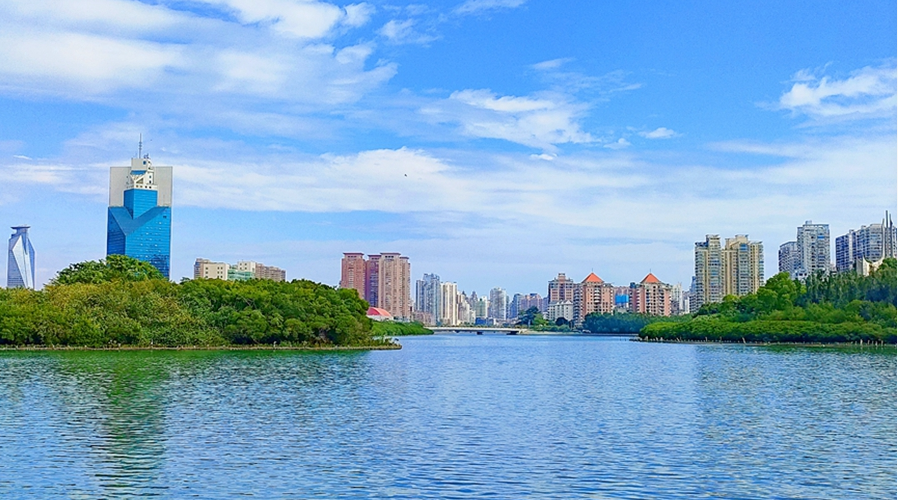Commentary: Hidden agenda behind hype of China's "overcapacity problem"

Robots weld bodyshells of cars at a workshop of Chinese electric vehicle (EV) maker Li Auto Inc. in Changzhou, east China's Jiangsu Province, Jan. 10, 2024. (Xinhua/Ji Chunpeng)
This new variant of "China threat" theory is just a pretext for certain Western countries to poison the environment for China's domestic development and international cooperation and take more protectionist measures for their own industries.
BEIJING, April 2 (Xinhua) -- While China-bashing is nothing new in the West, a new target of the incessant firepower has emerged of late: China's manufacturing capacity.
While it is just basic economics that surplus products naturally seek out markets elsewhere once domestic demand is met, and Western nations have been doing that for centuries, when it comes to China, it becomes an "overcapacity problem" threatening the world.
The double standard here is glaring; so is the West's calculations beneath it.
This new variant of "China threat" theory is just a pretext for certain Western countries to poison the environment for China's domestic development and international cooperation and take more protectionist measures for their own industries.
A fundamental fallacy of such "overcapacity" accusations is that rather than a threat, China's great manufacturing capacity has been a positive force for the world, developed countries included.
For starters, as the world's factory, the Asian country has helped people around the globe enjoy a better life at a lower cost. Even for the United States, Chinese imports have played an important role in keeping the prices of consumer goods low over the past few decades.
Meanwhile, for the Global South, China's industrial capacity represents a genuine opportunity for progress and prosperity. Many developing countries harbor aspirations for industrialization and modernization, and they can always find a willing and capable partner in China.
For example, fruitful cooperation on renewable energy between the Asian country and its Belt and Road partners has greatly accelerated their as well as the global transition towards efficient, clean and diversified energy supplies.
In light of those facts, the hypocrisy of the recent Western barrage over China's industrial capacity becomes crystal clear. Developed countries have a vested interest in perpetuating the current global industrial structure, which confines developing ones to the lower rungs of the value chains.
Therefore, as China shifts from traditional manufacturing to high-value-added sectors and establishes itself in such crucial fields as artificial intelligence, telecommunications and renewable energy, the West sees a threat, but not to the world, only to their long-held dominance.
Driven by such an egocentric mindset, they have gone to great lengths to hinder China's development in the convenient name of "national security," demonizing Chinese policies, suppressing Chinese high-tech companies and preaching so-called "decoupling" and "de-risking" from China.
Yet their China-bashing campaigns are failing, as the international community has become increasingly clear-eyed about the self-centered and self-righteous West. They just seldom walk their lofty talk.
However, the world now does have an "overcapacity problem," which is with the Western military-industrial juggernaut.
According to a report by the Stockholm International Peace Research Institute, the United States and Western European countries collectively accounted for 72 percent of all arms exports in 2019-23, up 10 percentage points from the preceding five years. While Western defense contractors reap substantial profits, the actual cost falls upon those trapped in violence and instability.
If the West was truly concerned for the world, that is the "overcapacity problem" they should really focus on.
Photos
Related Stories
- China's manufacturing activity recovers in March
- China New Growth: Machine tool manufacturer's push for precision
- China's manufacturing sector strives to remain competitive amid headwinds
- Chongqing's smart factories drive intelligent manufacturing boost
- China to modernize industrial system, develop new quality productive forces
Copyright © 2024 People's Daily Online. All Rights Reserved.









